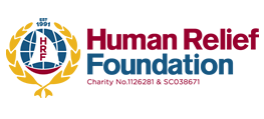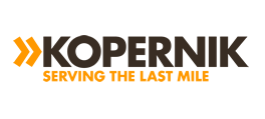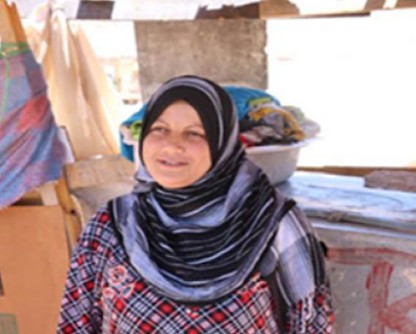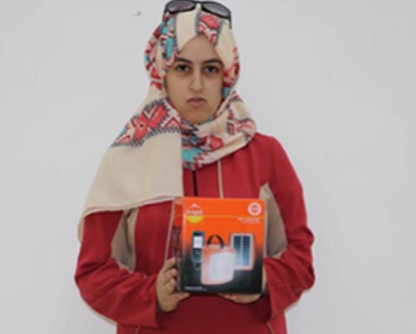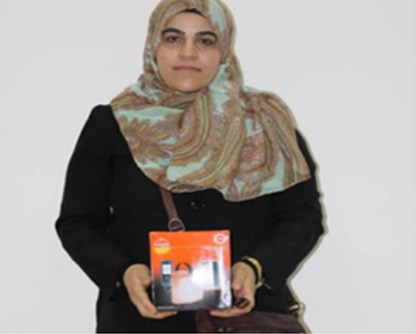- Reviving Hearts | Quran recital mosque tour
- Global Appeals
- Our six causes
- Donate your Zakat
- Get Involved
- Who we are
- Contact
- Latest news
- Vocational training for Rohingya refugees in Bangladesh
- Big Bradford Summer Clean Up
- Libya Floods
- Canal Walk for Rohingya Refugees
- Five ways to prepare for Ramadan
- Tips for a working Muslim in Ramadan
- Najib Naanu’s story
- Clean water for the Rohingya
- Salih's story
- Human Relief Foundation fundraisers to walk 50 miles for earthquake survivors
- Walk 4 Hope | Meet the team
- Bradford women’s group fundraises for Human Foundation’s Palestine Emergency Appeal
- When is Ramadan 2025?
- Walking for hope in Bangladesh
- Human Relief Foundation project in Iraq supports refugee reintegration.
- Bradford community centre receives early Christmas gift from international aid charity
- Timperley students bring clean water to communities in Bangladesh and Sri Lanka through fundraising efforts
- When is Eid al-Adha 2025?
- Bradford community group raises significant funds for international humanitarian aid charity worldwide projects.
- Saving the lives of the youngest and most vulnerable in Gaza
- Construction underway on Bangladesh Eco Village
- When is Ramadan 2026?
- Hope Beyond Borders: Our latest deployment to Lebanon’s forgotten refugees
Libya Floods
Human Relief Foundation send its condolences to family and friends of the victims of Libya's recent catastrophic flooding.
Learn MoreNajib Naanu’s story
Najib Naanu is a 32 year resident of Idlib, and is married with one child. He had a regular income, working at a textile factory in the city.
Learn MoreBradford women’s group fundraises for Human Foundation’s Palestine Emergency Appeal
The Roshni Women’s Group raised nearly £2,000 for Human Relief Foundation’s Palestine Emergency Appeal during their recent learning workshops and children’s activities taking place at the their education centre, adjacent to Masjid E Usman.
Learn MoreWhen is Ramadan 2025?
Ramadan, the ninth month of the Islamic lunar calendar, is a time of fasting, reflection, prayer, and community for Muslims around the world. In 2025, Ramadan is expected to begin on the evening of Friday 28 February 2025, and will conclude on the evening of Sunday 30 March 2025, with the exact dates contingent upon the sighting of the moon.
Learn MoreTimperley students bring clean water to communities in Bangladesh and Sri Lanka through fundraising efforts
Bradford community group raises significant funds for international humanitarian aid charity worldwide projects.
When is Ramadan 2026?
Ramadan, the ninth month of the Islamic lunar calendar, is a time of fasting, reflection, prayer, and community for Muslims around the world. In 2026, Ramadan is expected to begin on the evening of Tuesday 17 February 2026, and will conclude on the evening of Saturday 21 March 2026, with the exact dates contingent upon the sighting of the moon.
Learn More

